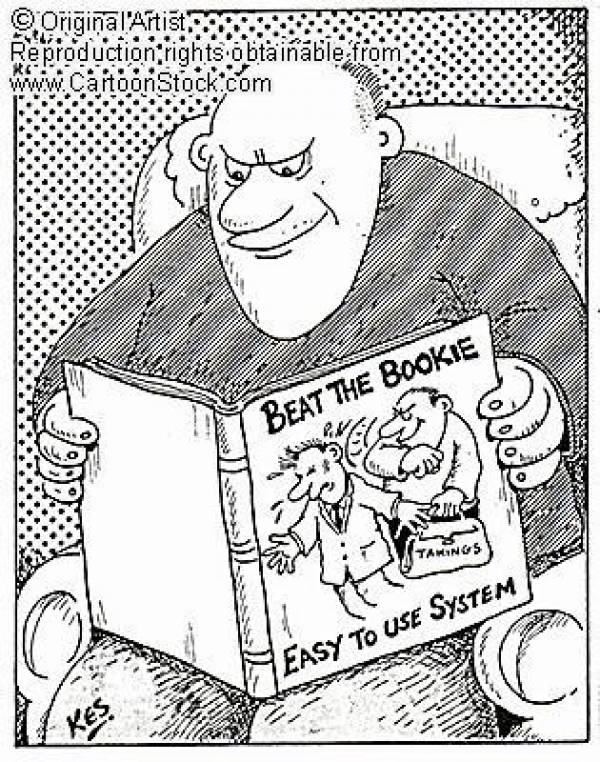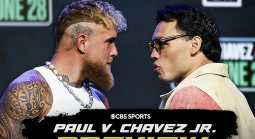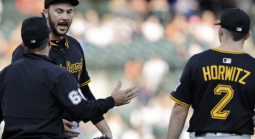Gambling911.com Exposes ‘The Myth of the Bookmaker’

One of the great myths of bookmaking is that a bookmaker needs to balance the betting action on a game in order to make a profit.
It's a lot tidier, of course, when that happens, but it's not necessary.
In fact, not only can the wagering action be uneven and the bookie still profit, it can be downright lopsided and he'll still make money.
The ideal situation for a bookie in booking a sporting event is to accept an equal amount of betting action on each side of the game.
With the typical 10% vigorish or "vig," the bookmaker's fee for taking a bet, an ideal situation involving a game where the Philadelphia Eagles are favored by 7 points over the New York Giants would be the Eagles backers wagering a total of $550 to win $500 and the Giants backers also wagering a total of $550 to win $500.
Which ever side wins the bet, the bookmaker takes in $550 and only has to pay out $500, making a $50 profit.
But what if the wagering action on a game isn't evenly balanced?
No matter, the bookie will still make out--in the long run.
And since most bookmakers aren't just in business for one game, that means he'll be successful.
Just as a craps or roulette player at a casino can win on any given night, over the long run said player will be a loser because the casino's edge ultimately wins out over time.
Just like the bookmaker's vig.
Go back to the example of the Eagles-Giants game, but in this case, instead of equal betting action, 90% of the action is on one side.
The Eagles backers are wagering a total of $990 to win $900, while the Giants backers are wagering a total of $110 to win $100.
At first glance you might figure the bookie needs the Giants to cover the pointspread or else he's in deep trouble.
And you would be right--if the bookmaker's career consisted of just that game.
But it doesn't, so he's not.
Yes, if the Eagles cover the spread, the bookie collects $110 in losing Giants wagers and has to pay out $900 worth of winning Eagles wagers, for a net loss of $790.
But if the Giants cover the spread, the bookie collects $990 in losing Eagles wagers and has to pay out $100 worth of winning Giants wagers, for a net profit of $890.
Assuming things even out in the long run--and the pointspread, not the betting, does just that--after 10 such wagers, the bookie will have won five of them and lost five of them.
That means he'll lose $790 five times for a total of $3,950.
And he'll win $890 fives times for a total of $4,450.
And that gives him, over ten games, a net profit of $500.
That averages out to a $50 profit a game, the same profit the bookmaker would earn if the betting action were exactly even each time.
And that's why the bookie not only doesn't care who wins the game, he doesn't care who bets the game either.
By Tom Somach
Gambling911.com Staff Writer














